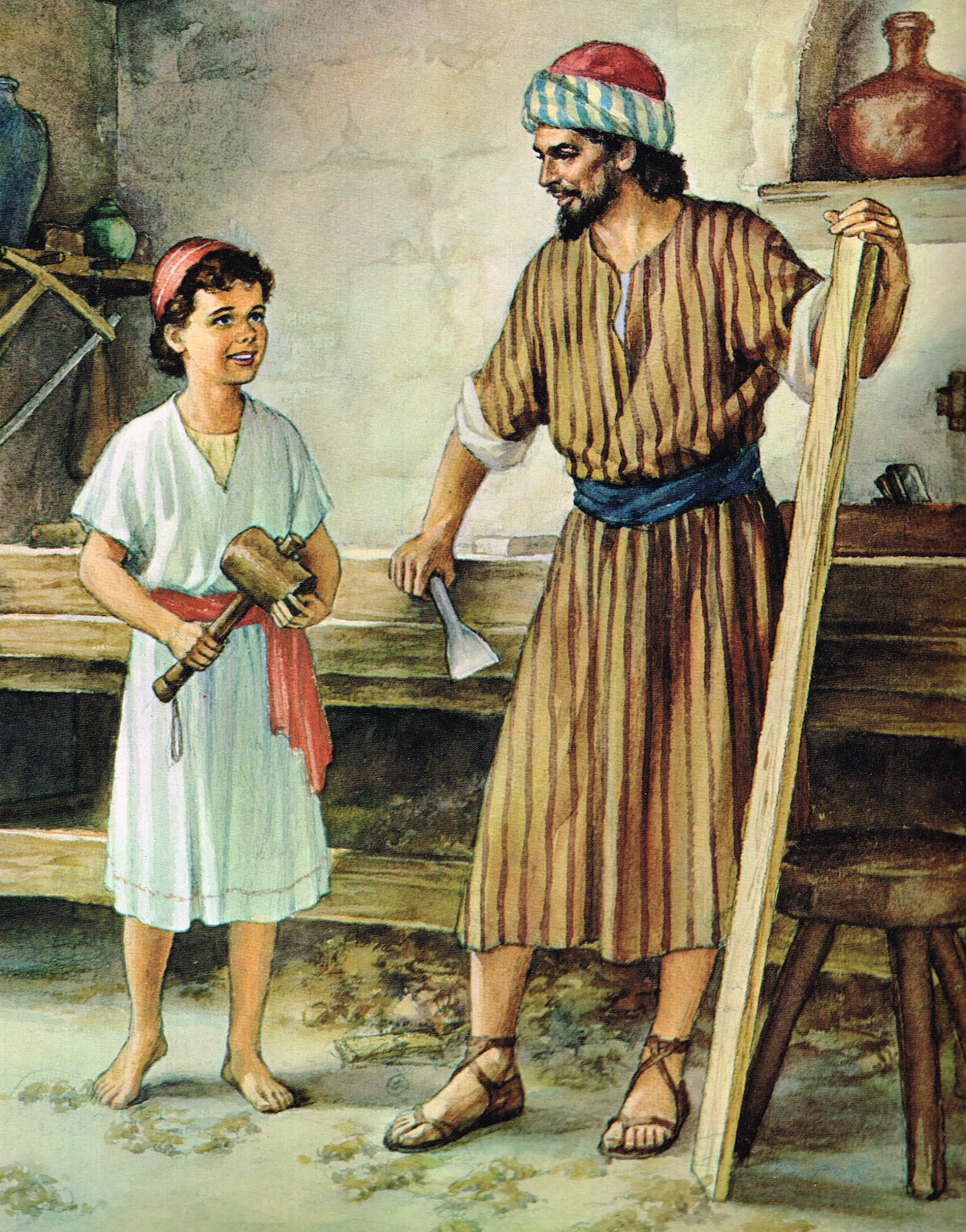Both the harvest and the labourers belong to God. The duty
of the labourers is to do what the Lord did for the Israelites in the first
reading, which is to return to the Lord the harvest that is His own possession.
To achieve this, the labourers must first be the Lord’s possession before they
can usher others in as the Lord’s possession. Thus, only a Labour who is at the
same time a ‘harvest’ of the Lord can truly labour in the Lord’s vineyard. Such
labourers are few and not easy to come by. The harvest is plentiful; many
people need to hear the authentic gospel message, strengthened and encouraged,
and helped to gain the graces they need to become the Lord’s possession. But
the Labourers are few; there is always need for committed and persevering
labourers, who have been ‘harvested’ for the Lord, who can interpret the signs
of the times and apply the gospel message accordingly without bending it
towards wordily standards.
Jesus Himself is the perfect Labourer for, “While we were
yet helpless, at the right time Christ died for the ungodly…God shows His love
for us in that while we were yet sinners Christ died for us.” Just as Jesus became
our reconciliation with God, the Labourers sent to the Lord’s harvest bring the
love of God and reconciliation in Christ Jesus. Then, Jesus called the twelve disciples
and gave them authority over unclean spirits and to heal every infirmity. He
gave them the mandate preach, saying, “The kingdom of heaven is at hand. Heal
the sick, raise the dead, cleanse lepers, cast out demons. You received without
pay, give without pay.”
As each of the disciples was identified individually, so
does each labourer have a unique dimension he must cover. There is a need for
labourers who understand their charisma and apply it for the Lord’s harvest. Standing
on the foundation of the apostles, every believer, reconciled with God, must
labour at his or her own capacity to bring reconciliation and peace among men
and with God. Every labourer must have a sense of urgency, avoid distraction
and delay, for the Kingdom of heaven is at hand. We pray, therefore, that the
Lord of the harvest should send out labourers into His harvest. Amen.
Fr Jude Chinwenwa Nwachukwu, C.Ss.R
Saints Peter and Paul Catholic Church,
Tedi-Muwo, Ojo, Lagos.
Sunday June 18th, 2023.




